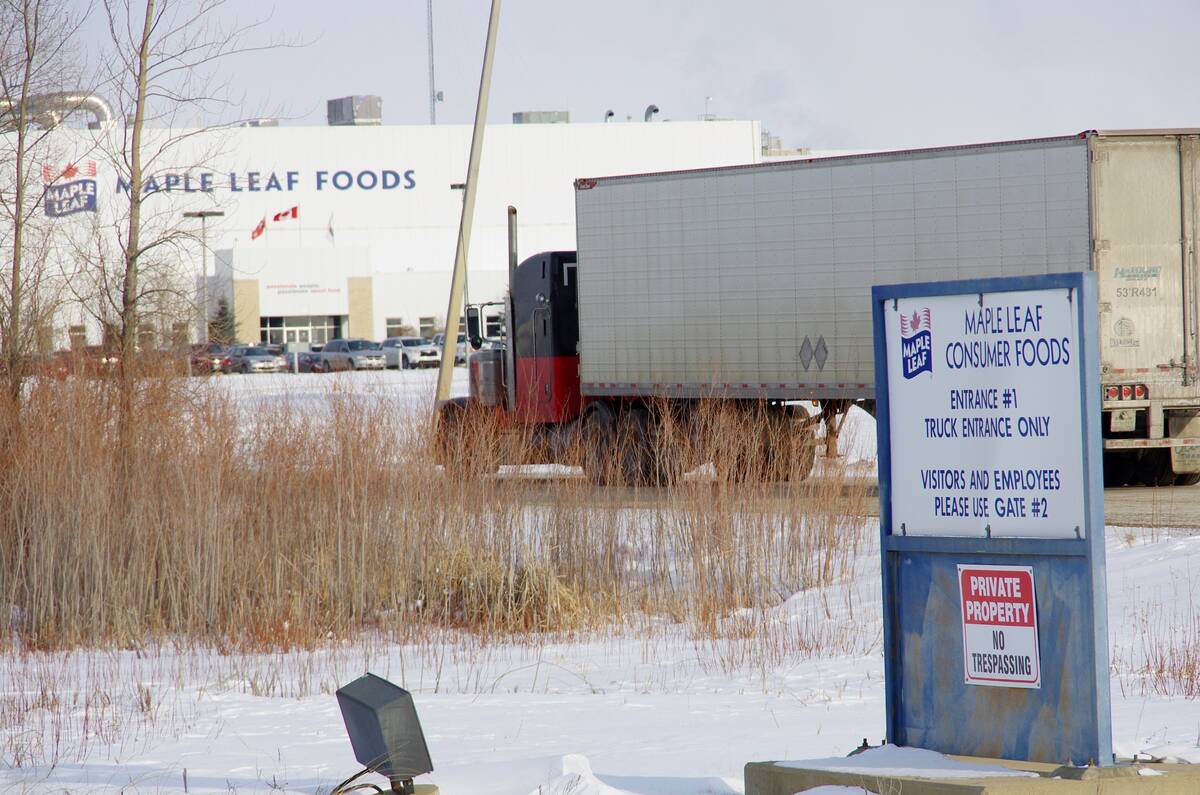Range management | Conservationists don’t want government-owned pastures privatized
A group that recently formed to urge the Saskatchewan government to keep former federal community pastures is not opposed to grazing, a spokesperson said last week.
Trevor Herriot, well-known conservationist and author, said Public Pastures-Public Interest just wants to make sure the grasslands continue to serve broader interests as well.
“We want to be very clear on this, that we are in every way pro-grazing and pro-cattlemen,” he said.
“We understand that for grassland to be maintained in a healthy way, there has to be a substitution for the missing buffalo, and that’s cattle.”
Read Also

Manitoba pork exports gain new market ground
Manitoba’s pork trade pivoted from China over the last five years, while Japan is remains the largest customer and South Korea and Mexico market footholds have grown
However, he said the land in question is currently crown-owned and as such belongs to everyone.
There has been much discussion about the future of the 62 former Prairie Farm Rehabilitation Administration pastures in terms of ownership and grazing, but the conservation discussion has been missed, he said.
PPPI formed after a November forum to discuss the fate of the 1.6 million acres of mainly critical habitat that the federal government is handing over to the province over the next five years. Ten pastures have been slated for turnover in 2014.
The province has said any of the land that is sold will be subject to a conservation easement that prevents it from being broken. However, it expects most of the land will be leased.
Herriot said conservation easements are only the first step.
“We all know an easement on its own isn’t really enough to save the integrity of the land because there’s a lot you can do short of plowing it that will degrade the quality of the grassland,” he said.
The PFRA system was the “gold standard” of range management in terms of its work to preserve biodiversity and preserve species at risk, he said. PPPI would like to see that type of oversight continue.
At the same time, Herriot said the group doesn’t think cattle producers should have to pay for all the benefits that come from that management.
“We need to find an economic model, a sustainable way of working with the cattlemen so they aren’t stuck with the responsibility of having to pay the cost of managing the land for biodiversity and for these species that are in trouble,” he said.
“That shouldn’t fall on the shoulders of the pasture patrons. It should be something that’s shared.”
Pasture patrons are holding a meeting in Saskatoon next week to discuss their next steps. Herriot said PPPI will hold another forum in February to look at the policy questions surrounding the pasture system.
Putting the right people in place to examine the economic and public policy questions is key, he added.















